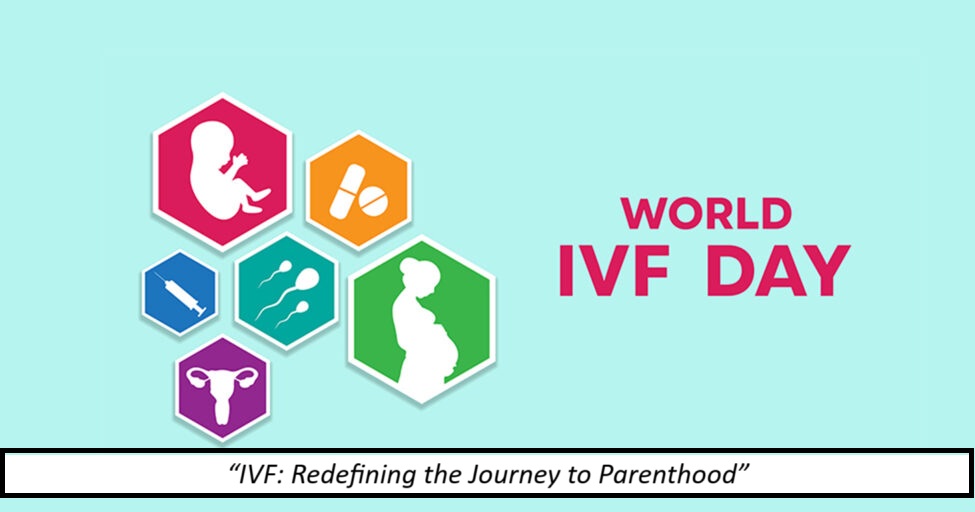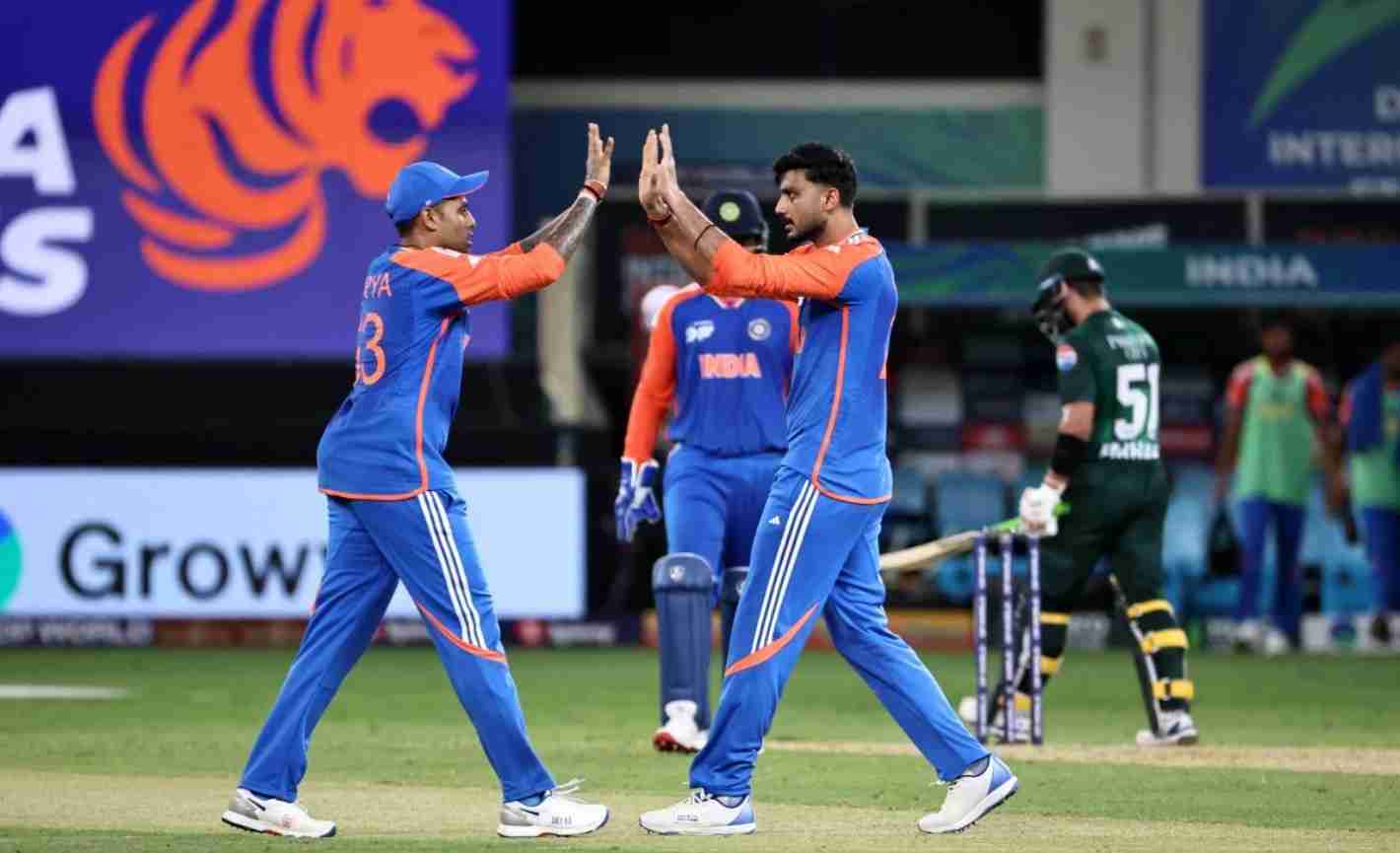Observed on July 25, World IVF Day honors the birth of the world’s first IVF baby and raises awareness about fertility options, challenges, and breakthroughs.
📅 Why July 25 Is World IVF Day
World IVF Day is observed every year on July 25 to commemorate a groundbreaking moment in medical science — the birth of Louise Brown in 1978, the world’s first baby born via in-vitro fertilization (IVF). Her arrival signaled a new era in reproductive medicine, offering hope to millions of couples struggling with infertility.
🧬 What Is IVF and How Does It Work?
IVF, or in-vitro fertilization, is a complex series of procedures that helps with fertility or prevents genetic problems. It involves:
- Ovarian stimulation: Hormonal medications are used to stimulate the ovaries to produce multiple eggs.
- Egg retrieval: Mature eggs are collected from the ovaries.
- Fertilization: Eggs are combined with sperm in a lab for fertilization.
- Embryo transfer: One or more healthy embryos are transferred to the uterus.
IVF can also involve donor eggs, donor sperm, or a gestational surrogate, depending on individual cases.
👩⚕️ What a Fertility Specialist Wants You to Know About IVF
We spoke to a fertility specialist who highlighted key facts and misconceptions surrounding IVF:
✅ IVF Is Safe and Continuously Advancing
“IVF has come a long way since 1978. Today’s technologies, like embryo freezing, PGT (preimplantation genetic testing), and improved lab environments, have increased success rates dramatically,” the expert shares.
❌ Age Matters — But It’s Not the Only Factor
While female age affects egg quality, the doctor notes, “factors like PCOS, endometriosis, low sperm count, and unexplained infertility** are also common reasons people turn to IVF.”
💸 IVF Can Be Costly, But Options Exist
“IVF may seem financially daunting, but many clinics now offer EMI options, package deals, and support programs. It’s always worth asking.”
🧠 Emotional Well-being Is Critical
Fertility journeys can take a mental toll. “We always encourage counseling alongside IVF. Your emotional health is just as important as physical treatment.”
🌍 Global IVF Trends
- Over 8 million babies have been born worldwide through IVF since 1978.
- The average IVF success rate per cycle is 35–40% for women under 35.
- Countries like India, Spain, and the U.S. are leading in affordable, high-quality IVF care.
💬 Final Thoughts on World IVF Day
World IVF Day isn’t just about celebrating a scientific milestone — it’s about breaking taboos, offering hope, and empowering couples to explore their fertility options without shame.
As the fertility expert puts it:
“Infertility is not the end — it’s the beginning of a new path. IVF is one of many ways to become a parent.”



